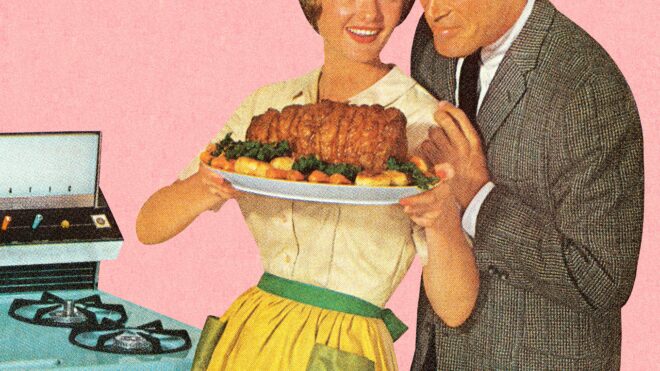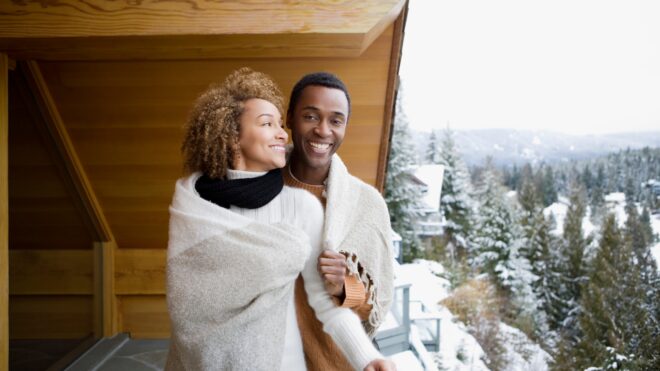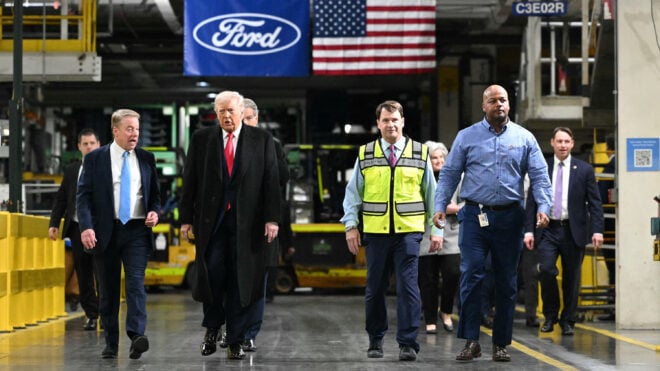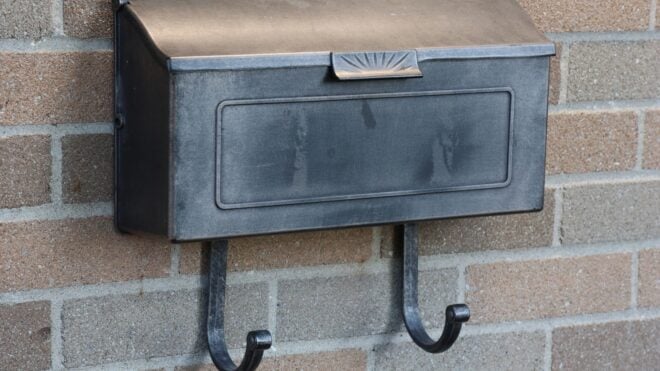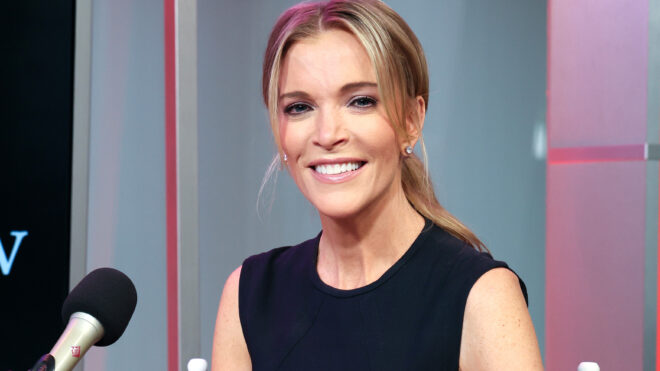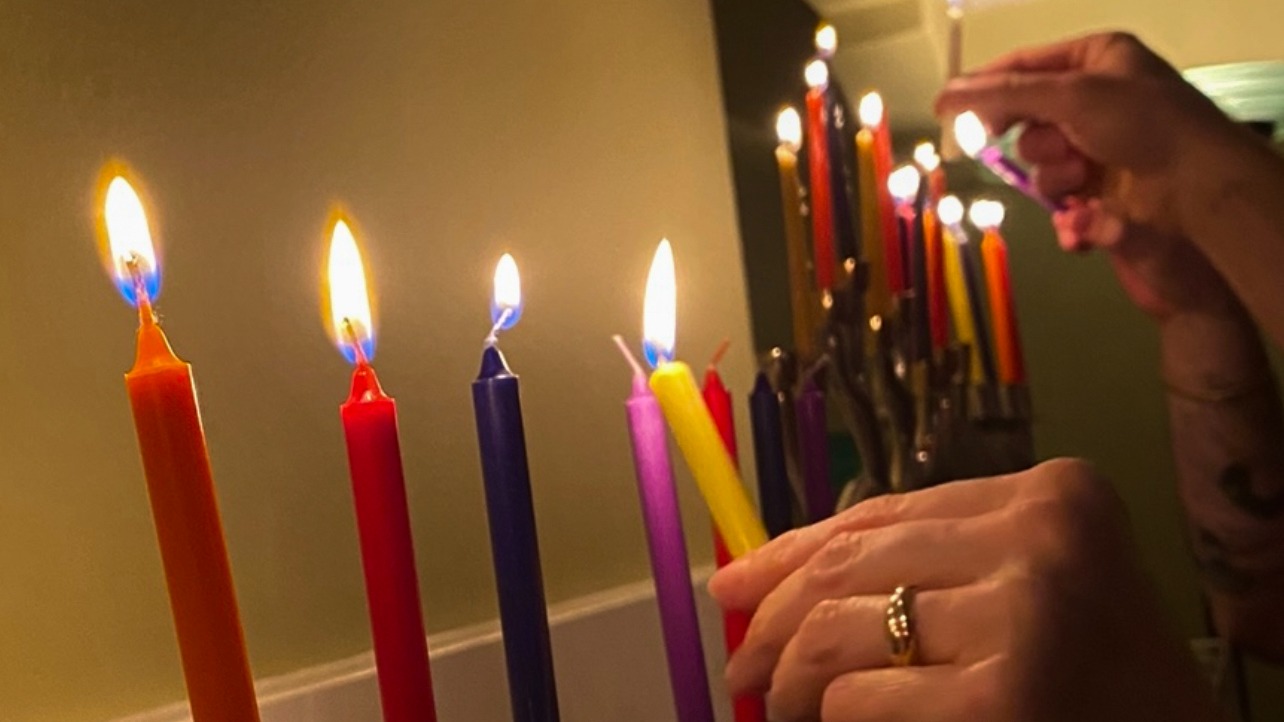
Here's the funny thing about Hanukkah: It tends to sneak up on those of us who celebrate. Unlike Christmas and Kwanzaa, which have set dates each year, Hanukkah is based on the lunisolar Jewish (or Hebrew) calendar. The holiday occurs at the same time according to that calendar, but the dates rotate on the Gregorian calendar that nearly everything all of us do is oriented around.
This year, Hanukkah begins December 18 and ends December 26. If you're quick, that means you've realized that Christmas also happens during that time, and families who celebrate Kwanzaa know it begins December 26 and ends January 1, 2023. You know what that means for our blended family? All the holidays are happening at the same time.
What Is Hanukkah?
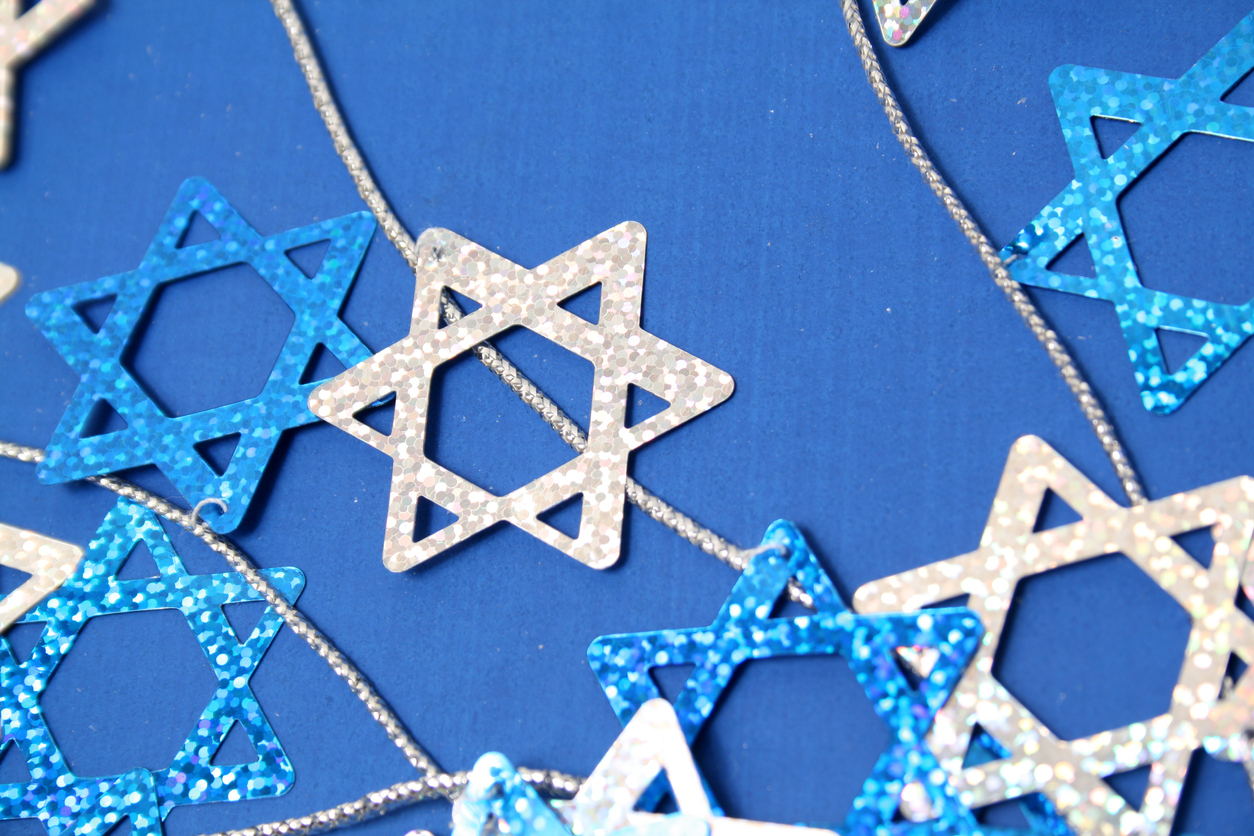
Let's kick things off by breaking down each holiday quickly. For starters, here's what Hanukkah is not:
- "Jewish Christmas"
- A major Jewish holiday
Here's what Hanukkah is:
- Eight days and nights that celebrate the victory of the Maccabees over the Syrians in 165 BC
In our home, we celebrate Hanukkah by lighting the candles of the menorah on each corresponding night, making food, listening to music, playing dreidel, volunteering and donating toys, and talking about the origins of the holiday itself. Some families give gifts each night of Hanukkah, but typically we don't.
What Is Kwanzaa?
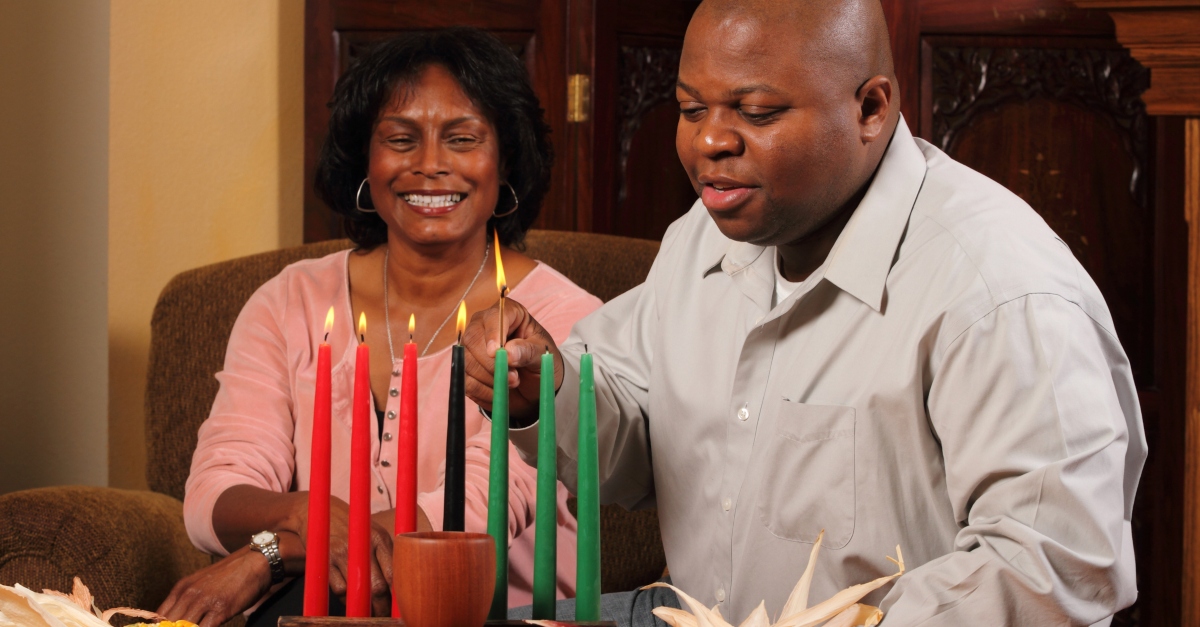
Most simply put, Kwanzaa is a celebration of African American culture and lives. It happens each year from December 26 to January 1. Families light a candle on each night of the holiday, make food and enjoy one another's company, and often give gifts from Black-owned businesses and shops. Kwanzaa is not strictly faith-based and is all about family, community, supporting one another, and working together.
What Is Christmas?
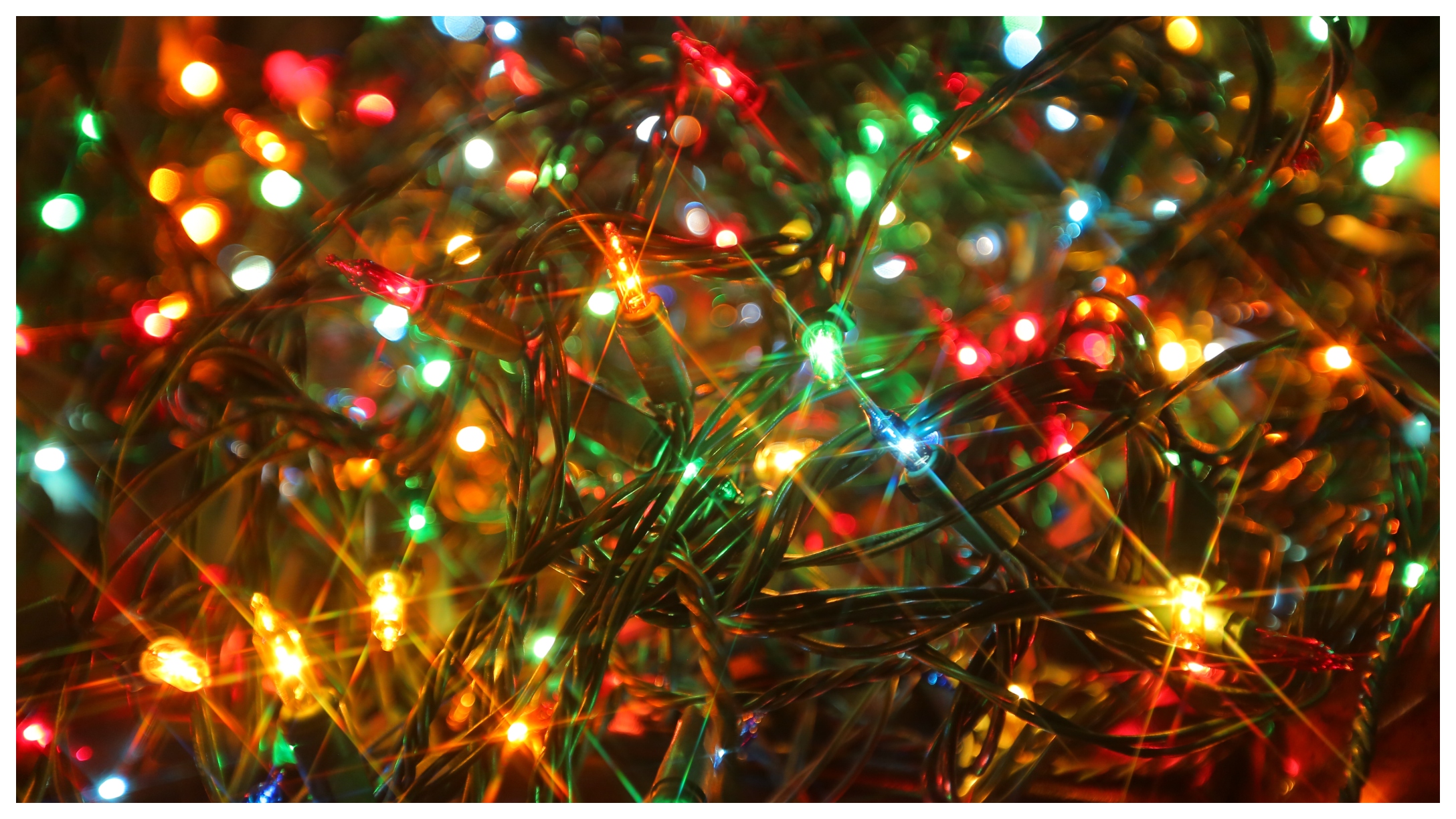
It's nearly impossible to escape Christmas in a lot of places around the world, and the holiday is so delightful that I understand not wanting to. Christmas takes place on December 25 each year and can be celebrated secularly or religiously. For Christians, the holiday celebrates the birth of Jesus Christ. For a lot of secular people, the holiday is a nice day to give gifts, gather around food, and be close to family and friends.
Why We Celebrate Hanukkah, Christmas, and Kwanzaa
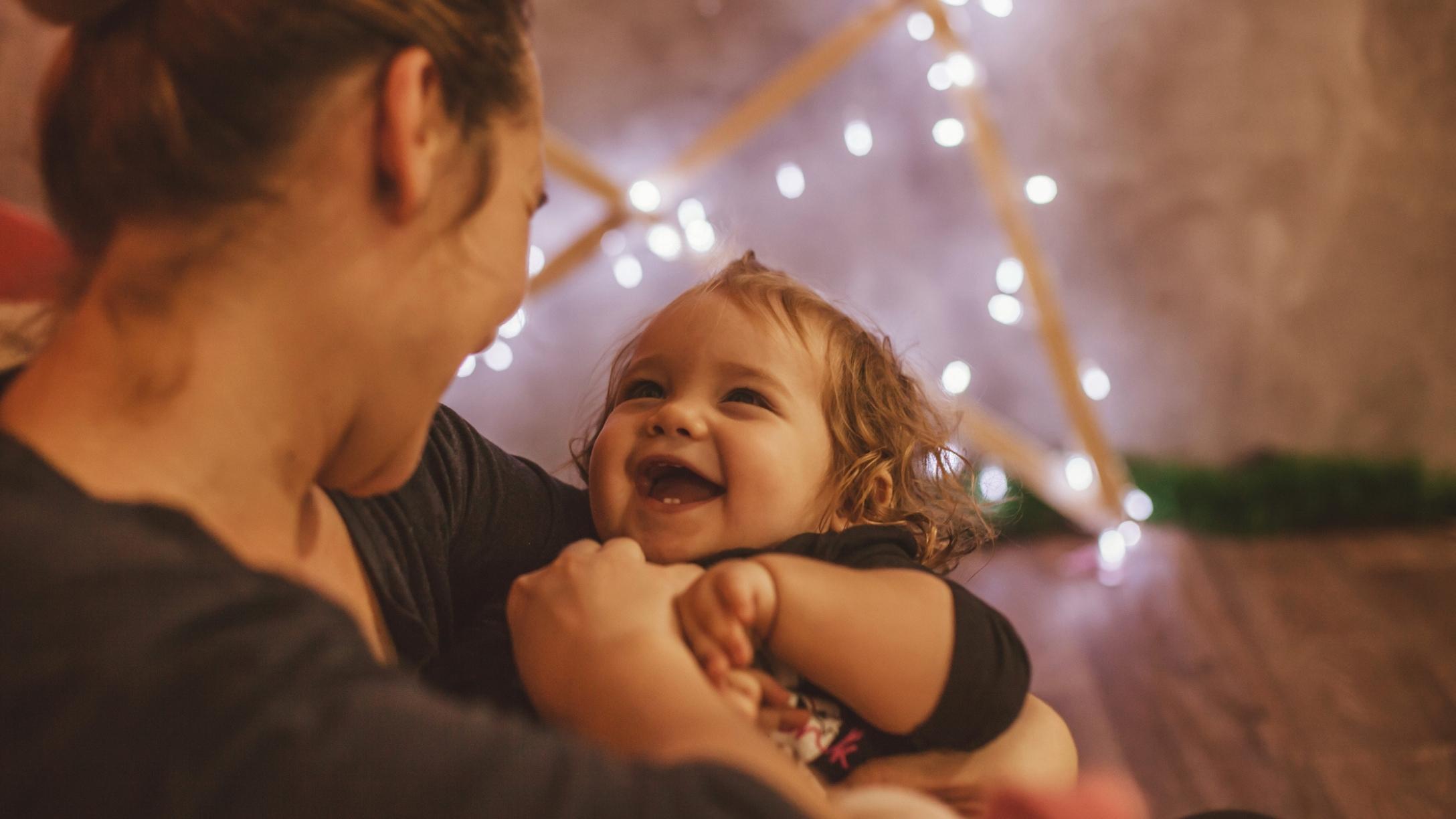
My home is both blended and multicultural, so we have a lot of reasons for celebrating all the holidays at the same time. To make it easy, I'll list them:
- I am Jewish.
- My boyfriend is Black.
- My son's father is not Jewish, and my son celebrates Christmas and Hanukkah.
- Culturally we are American, and Christmas is considered a secular holiday for us.
How We Are Blending Hanukkah, Christmas, and Kwanzaa This Year
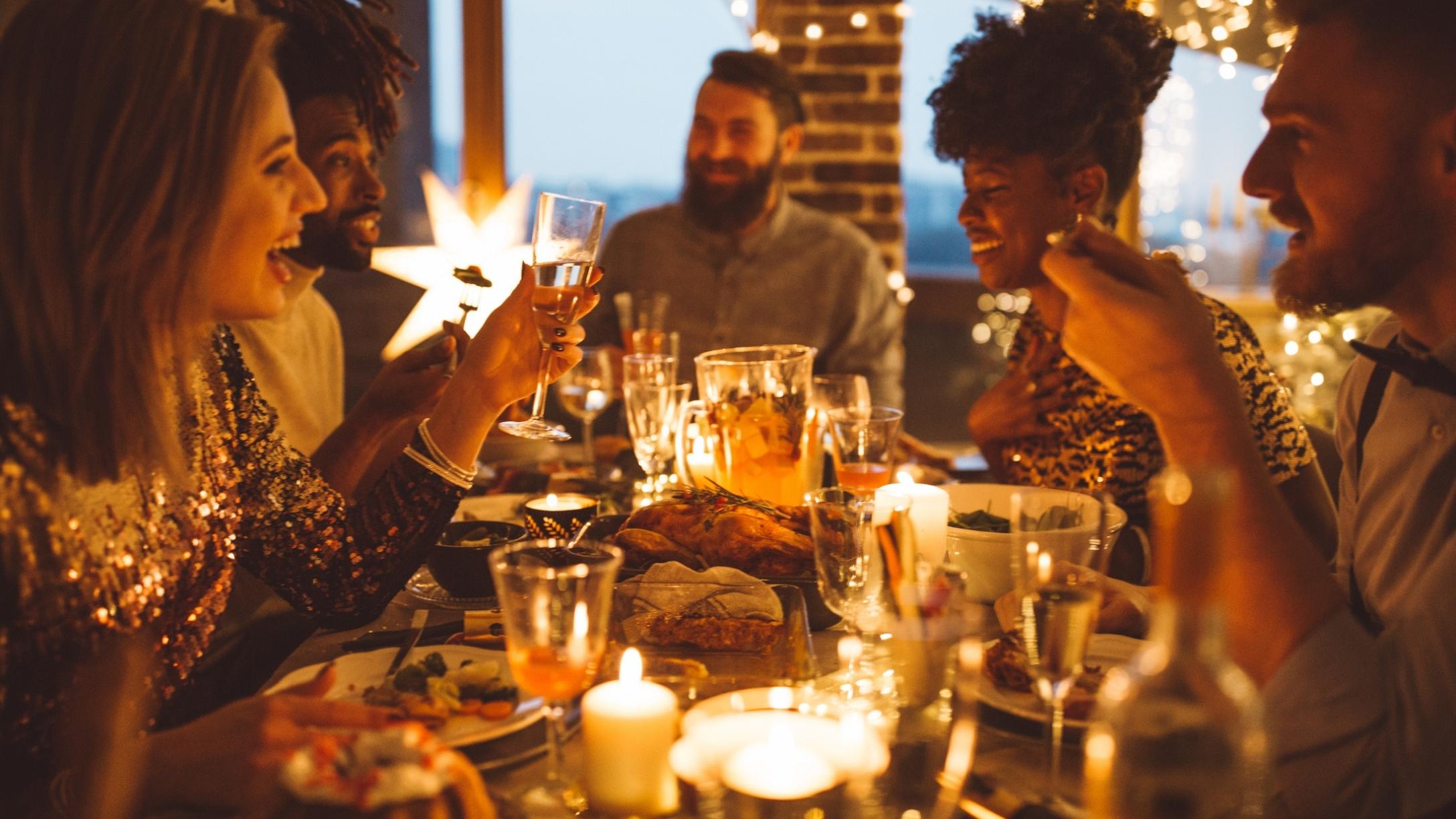
Since all the holidays are right on top of each other this year, we decided to blend them. After all, many of the principles and practices of Hanukkah — such as lighting candles, celebrating self-determination, focusing on freedom and faith — are shared with Kwanzaa. All three holidays are heavy on food and being together, which makes it easy to celebrate them at the same time. Gifts can be a big part of each holiday as well, so we're staggering them throughout.
Here are a few other things we're doing:
- Lighting candles on our menorah and our kinara on their respective days
- Making sufganiyah (jelly donuts) on December 25
- Making Hanukkah recipes and Kwanzaa recipes on their respective days
- Lining our table with a Hanukkah table runner and a Kwanzaa table runner
- Keeping our focus on family over gifts (gifts are for December 25 only)
That's just a glimpse into what we have planned, and it's what works for us in this moment as we learn to incorporate everything in a way that feels good to our family.


